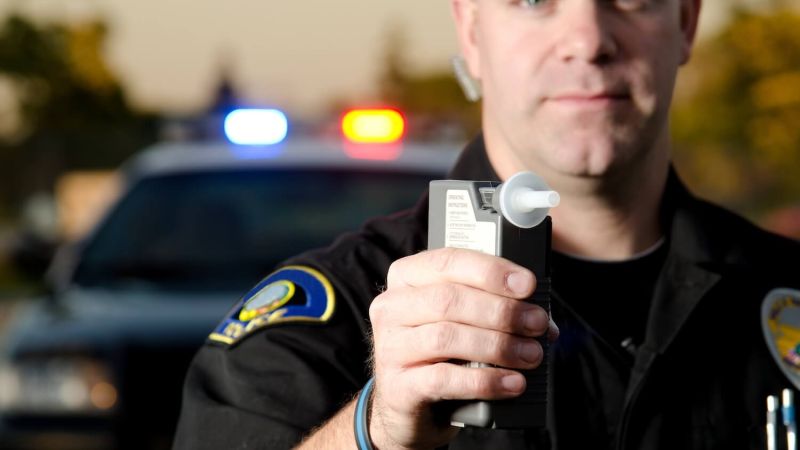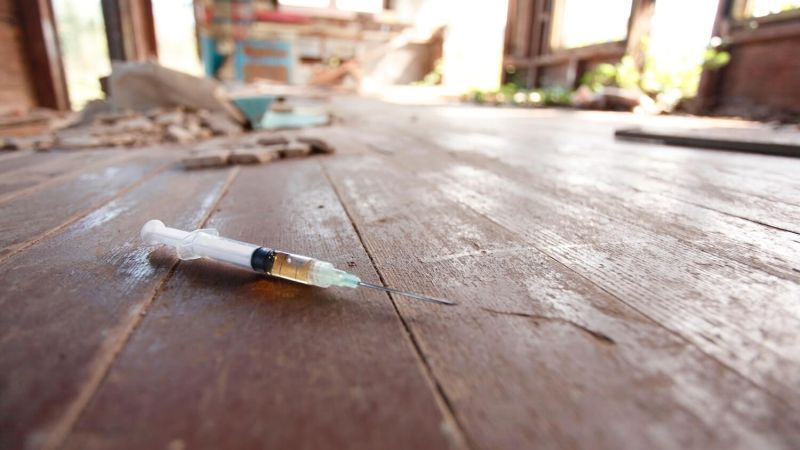Unraveling the Deal: Understanding New Jersey’s Drug Induced Death Law


New Jersey is one of about two dozen states, as well as the federal government, that have implemented a drug-induced homicide law. This law permits prosecutors to bring charges against individuals who provide, sell, or distribute controlled dangerous substances that once ingested, result in the death of the user. A single drug transaction could potentially lead to what is essentially a homicide charge, carrying with it extremely serious repercussions.
The statute, also known as the Strict Liability for Drug Induced Death Act (N.J.S.A. 2C:35-9) reads, “any person who manufactures, distributes or dispenses methamphetamine, lysergic acid diethylamide, phencyclidine, or any other controlled dangerous substance classified in Schedules I or II, or any controlled dangerous substance analog thereof, in violation of N.J.S. 2C:35-5, is strictly liable for the death which results from the injection, inhalation or ingestion of that substance, and is guilty of a crime of the first degree.” The law covers various controlled dangerous substances, including opioids, heroin, fentanyl, and cocaine, among other illicit drugs.
While the statute aims to address the tragic issue of drug overdose fatalities, it raises concerns about the potential for unfair prosecutions. Unknowingly to most, this statute would also apply to the person who thinks they are doing a favor for a co-worker or acquaintance and picks up drugs and delivers them for a small profit but isn’t necessarily a “drug dealer” in the traditional sense. More commonly, a major criticism of the law revolves around the prosecution of the drug user who isn’t necessarily a drug dealer but distributes small amounts of drugs occasionally to one or two friends to fuel their own drug addiction. These are not your typical for-profit drug dealers or street level dealers, but nonetheless, are potentially exposed to decades in jail because of prior low level criminal records such as possession of drugs or theft.
This is a strict liability statute, diverging from most other criminal statutes in New Jersey, which require the State to establish either purposeful, knowing, reckless, or negligent conduct beyond a reasonable doubt. Under this law, the prosecutor only needs to establish beyond a reasonable doubt that you intentionally sold the substance to the user (or were in the chain of distribution), not that you intended to kill the ultimate user.
Another common misconception is that the decedent’s voluntary use of the substance should act as some sort of defense to the charge of drug induced death. However, the voluntary use of the substance is generally not a viable defense in New Jersey. Under New Jersey law, “it shall not be a defense to a prosecution under this section that the decedent contributed to his own death by his purposeful, knowing, reckless, or negligent injection, inhalation or ingestion of the substance, or by his consenting to the administration of the substance by another.”
The penalties for Drug Induced Death are severe. It is classified in New Jersey as a first-degree crime, carrying the possibility of a ten to twenty-year prison sentence, subject to the No Early Release Act. Under this Act, an individual convicted of this offense must serve 85% of their sentence prior to being eligible for parole, and upon release, they will be under parole supervision for a duration of five years.
Indeed, there are potential defenses to this charge, both on legal and factual grounds. Could the toxicology report reveal the presence of multiple substances, enabling a dual toxicity defense? Did the user’s cellphone or social media contain contacts for multiple drug dealers? Was the defendant and the user joint consumers of the substance, allowing for a possible “buddy” defense? Were all the pieces of evidence gathered lawfully, and were your constitutional rights upheld throughout the entirety of the investigation? Every case is unique and fact sensitive, requiring an aggressive and knowledgeable attorney to carefully examine all the evidence and help navigate these complicated issues.

Written By Jeremy Lackey
Jeremy Lackey is a seasoned criminal attorney who served as an Assistant Prosecutor for the Burlington County Prosecutor’s Office and as a Deputy Attorney General for New Jersey Office of the Attorney General, Division of Criminal Justice, before co-founding the firm Lackey & Miller, LLC.










